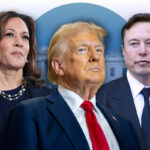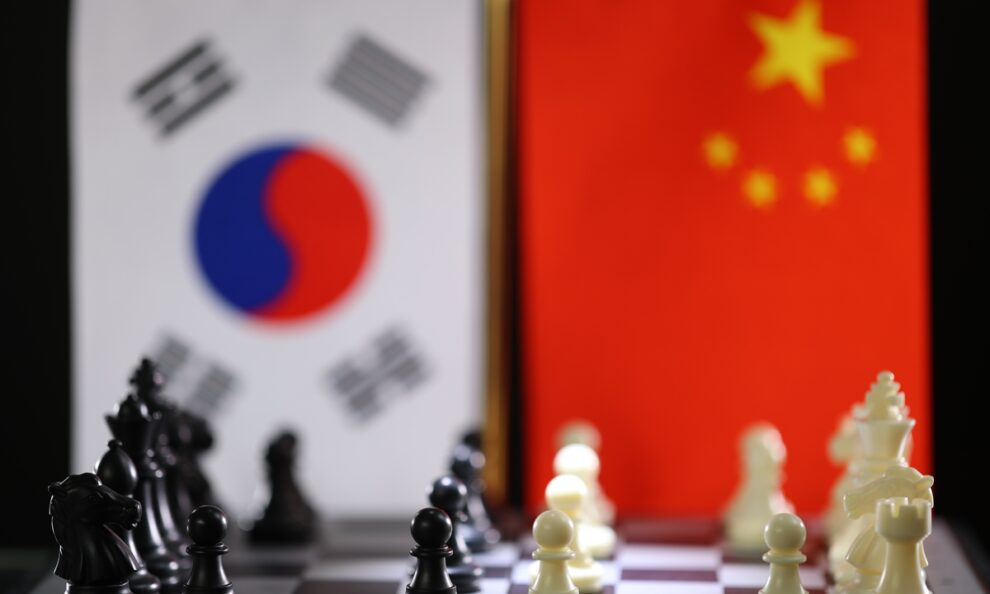On Saturday, China’s Assistant Foreign Minister Nong Rong summoned South Korean Ambassador Chung Jae-ho to express his “serious concern and dissatisfaction” over Seoul’s “improper reaction” to comments made by Chinese Ambassador to South Korea Xing Haiming in a recent meeting with Lee Jae-myung, leader of South Korea’s largest opposition party, the Democratic Party of Korea.
One day earlier, the South Korean Foreign Ministry summoned Ambassador Xing to protest his remarks on US-Korea relations, saying Xing had interfered in South Korea’s internal affairs by citing “inaccurate facts” and criticizing South Korean policy.
According to reports, he accused Seoul of being influenced by Washington and not respecting Beijing’s core concerns, including the Taiwan question, during a meeting with Lee on Thursday. Xing pointed out that the US is trying its best to suppress China and that some people are betting on the US to win and China to lose, which is clearly a misjudgment that fails to consider the broader historical context. He warned that “those betting on China’s defeat will certainly regret it later.”
Ambassador Xing was correct; he just made another factual and logical judgment. His remarks stem from South Korea’s provocative stance.
The US is mobilizing its allies in the Asia-Pacific region to form a containment ring against China, thereby compelling South Korea to take sides and assess the potential consequences of this strategic competition.
Source : Global Times
















